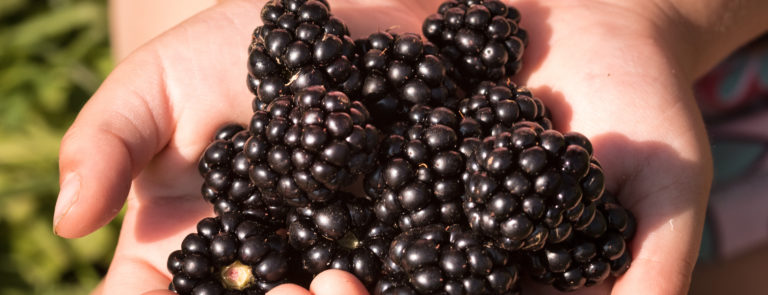15% off €25
Code:SPEND
What’s the best diet for you?

With the amount of diet options out there, it's easy to get confused. Here are some diet tips to help you find the right diet for you, no matter your goal.
Whether you want to shift a few pounds, improve your health or simply eat more fruit and veg, there’s a balanced diet that’s right for you
Let’s start by saying that quick-fix weight-loss plans are a bad idea. Crash diets can leave you feeling restricted, fed up and more likely to put all the weight back on.1
However, changing your diet to include more of the good stuff – wholegrain foods, fruits and vegetables – and less of the bad stuff, like junk food, is always a good idea.
If you’re worried about certain aspects of your wellbeing, there’s a diet that’s right for you, too. So, which one should you choose?
‘I want to look after my heart health’
You need… the Mediterranean Diet The Mediterranean Diet is based on the diets of people living near the Mediterranean in France, Spain, Italy and Greece. There are countless studies that show this diet is good for your health2 – and in particular your heart. A 2016 global study of more than 15,000 people reported that those following a Mediterranean Diet were less likely to have a heart attack or stroke.3 To follow a Mediterranean Diet,4 you need to:- up your intake of olive oil
- eat more fruits and vegetables
- cut down on meat
- eat more fish, especially oily fish
- eat more legumes, like lentils and beans
‘I want to lose weight’
You need… a healthy, balanced diet Sorry, there’s no magic bullet when it comes to losing weight,5 but there are some golden rules. The British Dietetic Association6 advises:- changing one thing at a time, such as eating an extra portion of fruit or veggies a day – when you can do that, change something else
- be realistic – you can’t drop four stone in four weeks, but 1-2lbs a week is safe and sustainable
- up your exercise levels – getting active will burn calories and you’ll get an endorphin boost
- accept that slip-ups are normal – make a plan for how you deal with them when they do; it doesn’t mean you’ve failed
'I want to add more muscle'
You need… a protein-rich diet We’re not talking about Atkins or Keto, but simply a diet that ups your protein intake. US army research found that taking on extra protein not only increases muscle mass, but can improve muscle strength in active men, too.7 You need around 1g of protein per kg of body weight, but this will increase when you start training. Try to eat ‘natural’ sources of protein – meat and fish are primary sources, but animal-free alternatives include tofu and other plant proteins – rather than protein shakes or bars as these often contain sugars, fats and additives. Get advice from a nutritionist before increasing your protein intake, as too much can overload the kidneys.8‘I want to eat less meat’
You need… a flexitarian or reducetarian diet Completely avoiding meat, fish, eggs and dairy means going vegan. But if all you want is to eat more plant-based foods, you have a couple of diet options:- reducetarian – this means cutting down, but not cutting out, the amount of meat and animal products you eat
- flexitarian – this is a ‘flexible vegetarian’ diet, where you eat mostly plants and also occasionally meat



